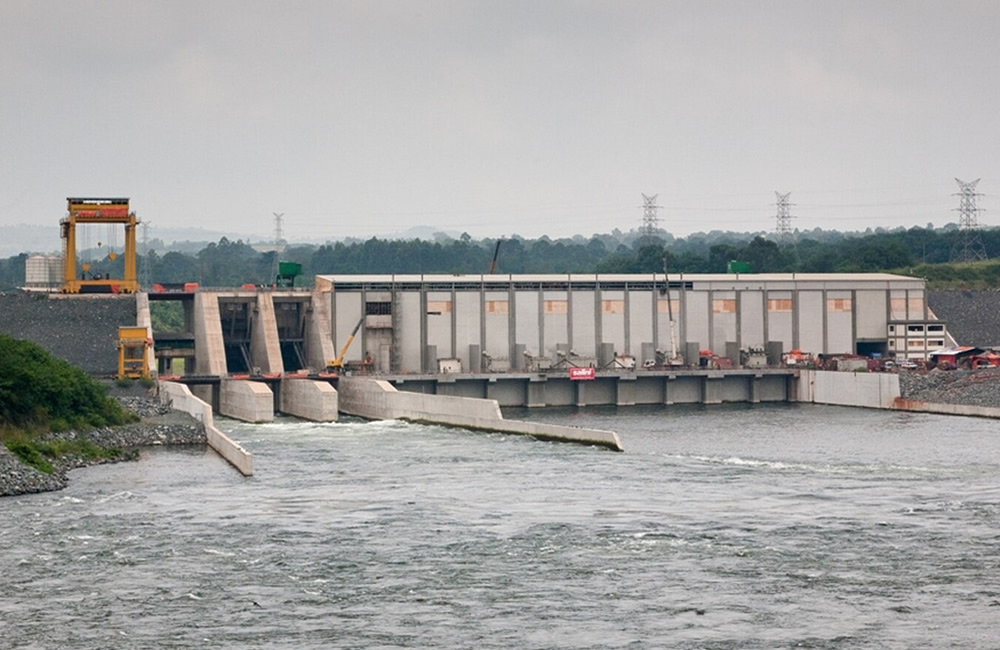BUJAGALI hydro-electric power project is ahead of schedule, with 20% of the dam completed. The first turbine will be ready next year, according to top energy ministry officials.
“The construction of the Bujagali project as a medium-term measure to meet Uganda’s energy needs is ahead of schedule,” said William Luwemba Apuuli, the under-secretary in the energy ministry.
“Site work is approximately 20% complete and the first unit (turbine) is expected to be commissioned in 2010, while the full plant will be commissioned in 2011.”
Luwemba said the dam, which will have five turbines, is two months ahead of schedule. The completed work includes mainly civil engineering work.
Other ongoing works include building the transmission power-line, a power station at Kawanda and resettling the affected people.
Luwemba was speaking during a workshop convened at Grand Imperial Hotel in Kampala by the ministry and the World Conservation Union to address the impact of the dam.
Martin Fodor, the senior environmental specialist at the World Bank in Kampala, said the bank and the Government would minimise the negative impact of the hydro-electric power dam.
“The World Bank is taking Kalagala seriously. There is a commitment by the bank and the Government to set up a sustainable management plan.”
Fodor noted that activities like tourism that used to take place at Bujagali would be enhanced at Kalagala falls, about 30km downstream. He described Kalagala as a natural asset because of its beauty, tourism potential, cultural and ecological aspects.
A World Conservation Union official, Alex Muhwezi, a lead consultant on the development of a sustainable management plan for Kalagala, also said the area would mitigate the negative effects caused by the dam.
“The intervention involves enhancement of activities that were previously done at Bujagali. Instead of mourning, we should focus on what else we can do to minimise the damage. It (intervention) is not a replacement of what has been lost,” he said.
The result areas included developing management plans, revising management plans for forest reserves for Mabira, the Nile bank, Namavundu and developing the Kalagala-Itanda eco-tourism plan.
He said his team would involve interested parties and that a final report, after approval by the National Forestry Authority, the tourism and energy ministries, would be ready by June 30.
The participants included district officials from Mukono, Kayunga, Jinja and Kamuli. Others were officials from Busoga and Buganda kingdoms, spiritual and cultural leaders, Adrift, the Uganda Tourism Association and the media.
Frank Muramuzi of the National Association of Professional Environmentalists (NAPE) said he was still opposed to the building of Bujagali dam as there were still outstanding issues to be resolved.
“I still have issues with Bujagali and my friends in the energy ministry and Bujagali Energy Limited are aware of this,” he said.
NAPE, working with the international Rivers Network, has fought the construction of the dam since the late 1990s, citing environmental, spiritual, cultural and corruption issues.


